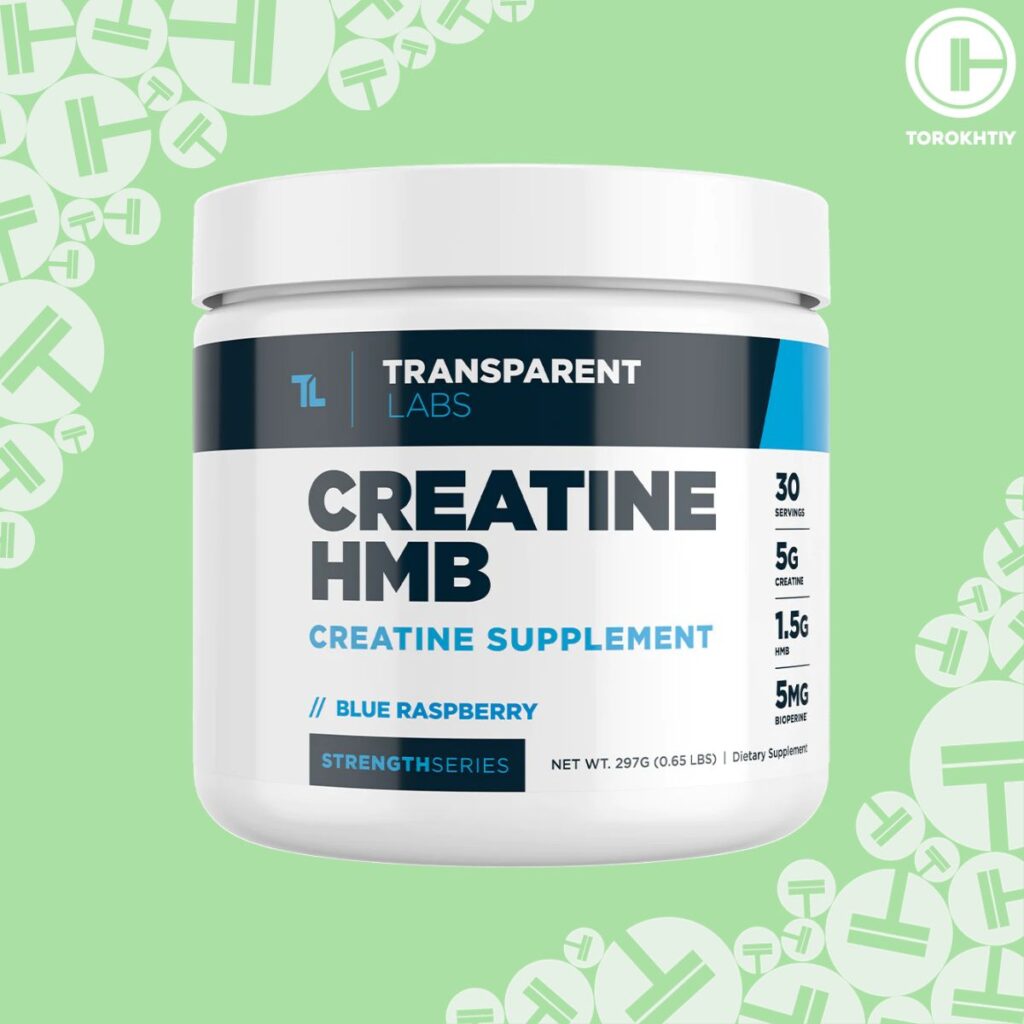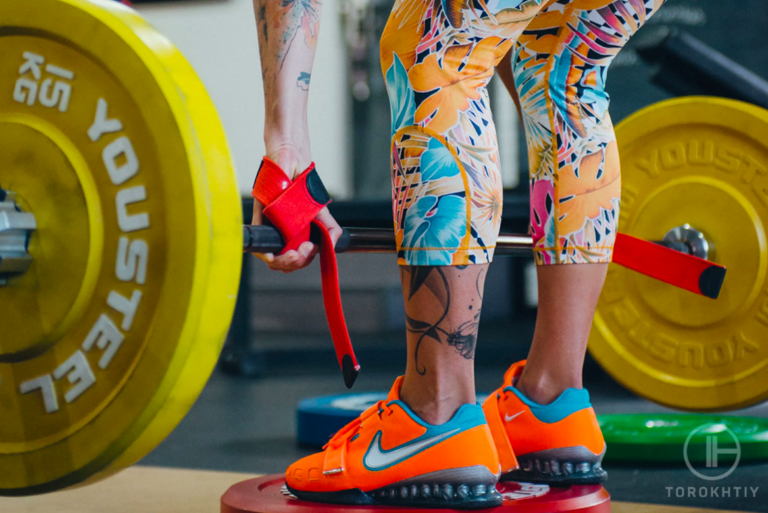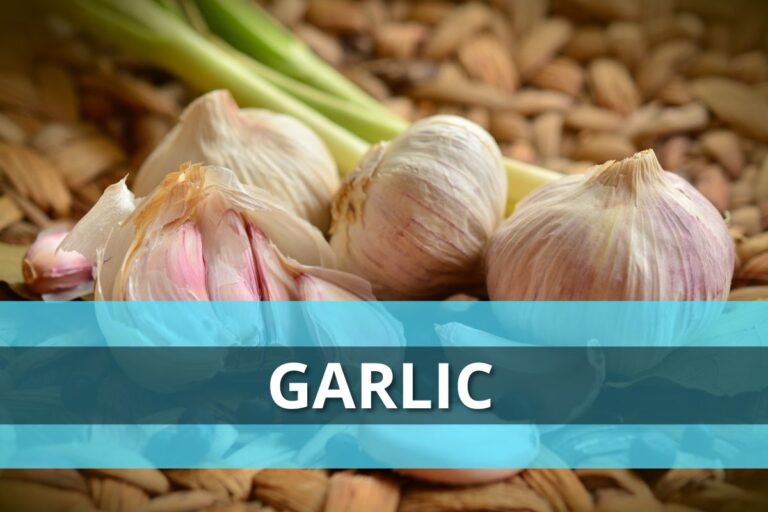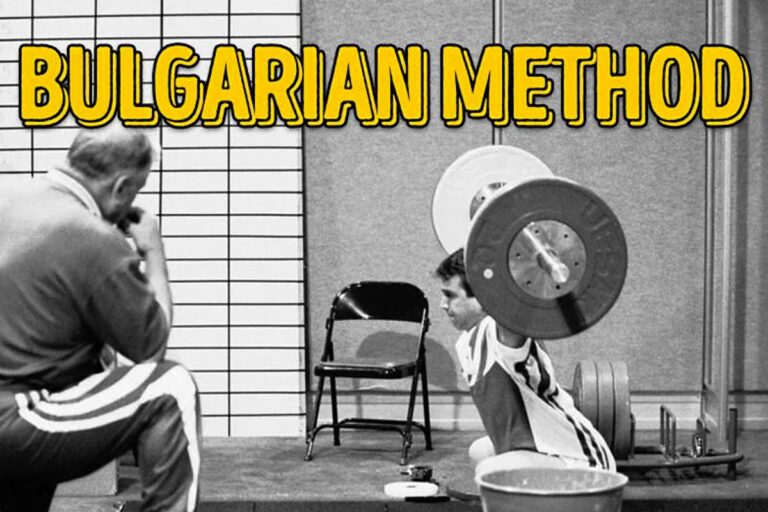Does Creatine Have Calories? If So, How Many?
Especially if you’re on a strict diet, you might be wondering, “Does creatine have calories?” In this article, we’ll be breaking down the calorie content of creatine, and explaining some tips for using creatine.
In short, creatine has a very small amount of calories, leading most people to consider it an essentially calorie-free supplement. Even those closely monitoring their calorie diets shouldn’t worry about the calories found in creatine.
Does creatine have calories? While creatine does contain a very small amount of calories, there are not enough calories per serving to be considered significant. However, creatine may still affect weight gain because of its effects on water retention and lean muscle gain.
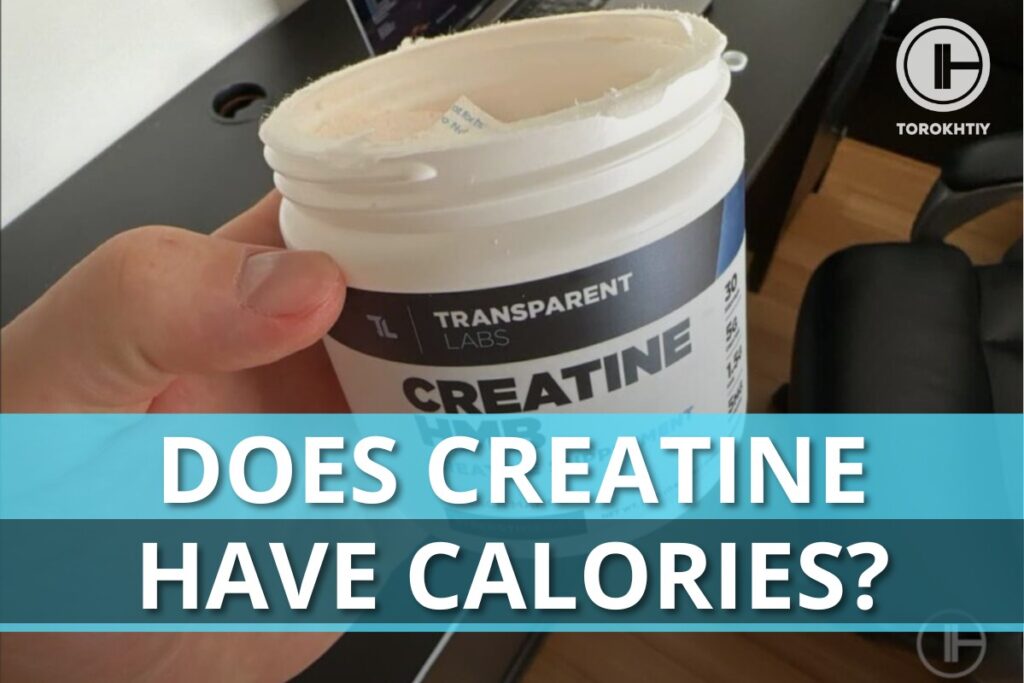
Does Creatine have Calories?
Because creatine is made of amino acids, it does technically have some calories. This will be the same as protein, at 4 calories per gram. So, a single 5g serving of creatine likely has around 20 calories. It’s worth noting that creatine in gummy form is likely to be slightly higher in calories because of added sugars.
Overall, this is a negligible amount of calories in any standard diet. So, while creatine is not technically calorie-free, a standard serving won’t make any real difference in your daily caloric intake.
Does creatine increase weight or fat mass?
Creatine is often associated with weight gain, mainly caused by increased water retention and lean muscle growth. The supplement will likely not affect fat gain whatsoever. We’ll be going more in-depth on these points below
1. Short Term – Possible water weight gain
Creatine supplementation has been shown to cause a 2% increase in total body weight, much of which is likely caused by increased water retention. This weight gain will likely occur over 2-4 weeks with consistent supplementation as muscles become fully saturated with creatine.
2. Long Term – Lean muscles gain
In addition to water weight, over the long term, creatine will likely cause increased lean muscle mass. Creatine has been shown to significantly increase lean mass gains when used alongside resistance training.
3. What about fat mass?
There is no evidence to suggest that creatine will affect fat mass whatsoever. Especially considering its negligible calorie count, it’s unlikely creatine will ever contribute to extra fat gain.
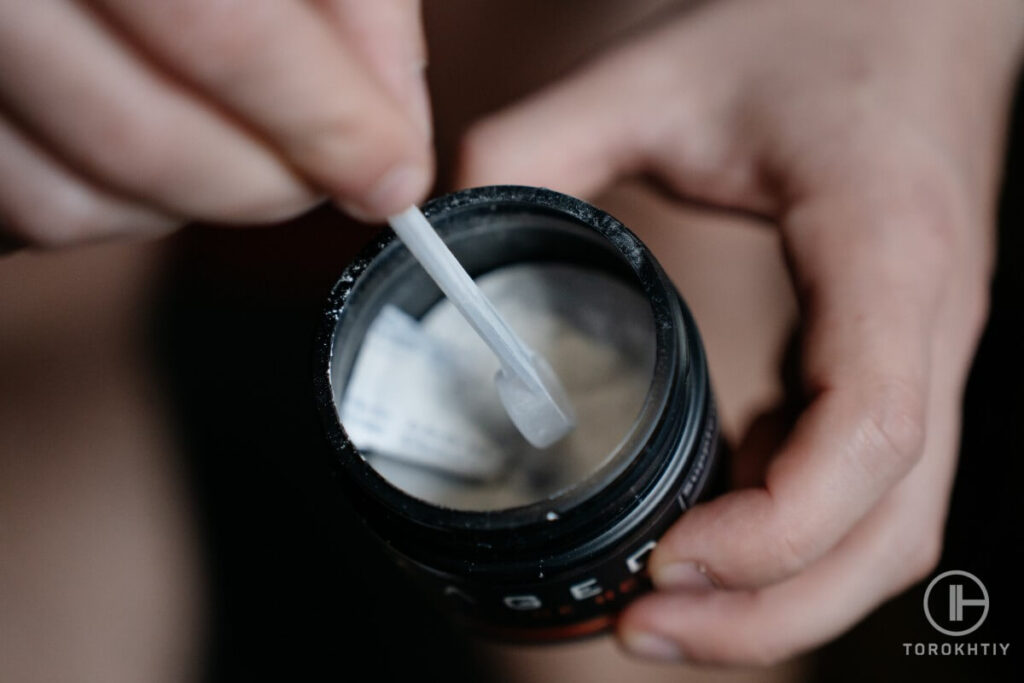
How do you reach your weight loss and body composition goals with creatine?
If you’re training to lose fat, creatine can still be a very beneficial supplement. Below we’ll be covering some tips on how to lose weight more effectively when taking creatine.
1. Skip the loading phase
First, although it’s common advice to do a “loading phase” of 20g a day to help saturate your muscles faster, this is unnecessary. Although it will speed up how fast you notice the effects of creatine, on a long-term scale, it’s largely pointless. Also, doses above 10g at a time are linked to gastrointestinal side effects like diarrhea. So, best to stick to 3-5g a day instead.
2. Stick to a calorie deficit
The only way to lose weight is to eat in a consistent caloric deficit. You can figure this out by calculating your maintenance calories, and subtracting about 500 calories from this number. This should be sufficient for consistent weight loss, with lower deficits being potentially unhealthy.
3. Eat your protein
To maintain as much muscle as possible during your cut, it’s also important to consume enough protein. 0.7-1g per pound of body weight should be sufficient for most people looking to lose weight.
4. Do strength training with progressive overload
Similarly, if you’re looking to maintain – and even gain – muscle mass while losing weight, strength training will be just as important as protein intake.
We recommend finding a program that targets every muscle group 1-2 times a week and practicing progressive overload. This means progressively increasing the weight and total volume of your workouts.
5. Be patient
Finally, remember that weight loss takes time. It’s better to make slow, gradual progress that sticks, instead of rapid, unsustainable progress. Take your time, and go at your own pace – results will come eventually.
Best Creatine – Transparent Labs Creatine HMB
If you’re new to creatine, there are plenty of high-quality options available. Our top pick for a premium creatine supplement comes from Transparent Labs.
Transparent Labs Creatine HMB
- Form: Powder
- Type: Monohydrate
- Other Ingredients: HMB, Vitamin D
- Price per Serving (for 5 g): ~$1.35
- Servings per Container (for 5 g): 30 or 60 servings
- Company Founded: 2015
- Recommended by Athletes: Hafþór Júlíus Björnsson, Pat Li, PAULINA
Each serving of this supplement contains 5g of creatine monohydrate, which will be an optimal daily dose for most people. You’ll also be getting HMB, which may have some effects on strength and muscle mass for beginners, although these effects will be minor at best in more experienced lifters. You will also be getting a sizable dose of Vitamin D, which has a whole host of benefits for your muscles, bones, and overall health.
It’s worth noting that this supplement comes in 14 different flavors, which is exceptional for a creatine supplement, as most options on the market only come unflavored. Also, as is standard for Transparent Labs, this supplement is free of any artificial ingredients.
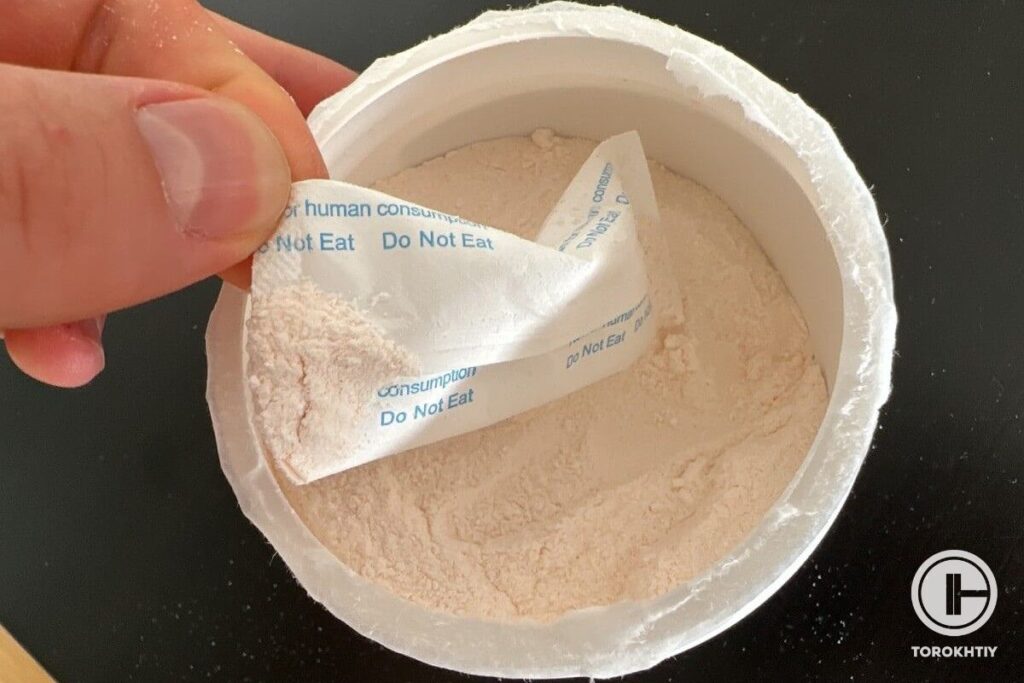
This is a premium supplement, and the price reflects this. While there are cheaper creatine supplements out there, if you want a flavored supplement with extra active ingredients, this is a great choice.
FAQ
Will creatine break a fast?
Because creatine does contain a very small amount of calories, some people following very strict fasting rules may choose to avoid it. However, because its calories are fairly negligible, most people will consider it fine to eat during a fast.
Does creatine have calories or carbs?
Creatine is made up of several amino acids, namely L-Arginine, Glycine, and L-Methionine. This means it does not contain any carbs. Creatine’s calories instead come from protein, which contains 4 calories per gram. A 5g serving of creatine has about 20 calories, which most people will consider negligible.
Can I take creatine while cutting?
Yes, it’s an excellent supplement to take while cutting because of its effects on performance, maintaining muscle mass, and recovery. While it may increase your total body weight, it will not affect your body fat percentage. Also, because it is a very low-calorie supplement, it won’t greatly affect your daily calorie intake either.
Conclusion
So, does creatine monohydrate have calories? While creatine does technically contain some calories, each serving is so low in calories that there’s little point in keeping track of them, even if you’re on a strict cut. In fact, because of its effects on lean muscle mass and exercise performance, creatine is an excellent supplement to take while cutting.
If you’re looking for a high-quality creatine supplement, our top pick is Transparent Labs’ Creatine HMB.
Did you know about the calories in creatine? Do you take creatine, or are you considering it? Let us know your thoughts in the comments below!
Also read:
- Why Does Creatine Make Me Poop
- Does Creatine Have Caffeine
- Best Creatine Gummies Review
- Does Creatine Help You Recover Faster
- Is Creatine Water Soluble
- Does Creatine Stunt Growth
- Does Creatine Increase Testosterone
- Cellucor Super HD Review
- Bulk Supplements Creatine Review
Referenses:
- EA Buck, et. al, “CREATINE SUPPLEMENTATION ON BODY COMPOSITION AND TOTAL BODY WATER MEASURED BY MULTI-FREQUENCY BIOELECTRICAL IMPEDANCE” International Journal of Exercise Science: Conference Proceedings: Vol. 16: Iss. 2, Article 142. (2023).
- Nissen SL, Sharp RL. Effect of dietary supplements on lean mass and strength gains with resistance exercise: a meta-analysis. J Appl Physiol (1985). Feb;94(2):651-9. (2003).
- Segej M Ostojic, et. al, “Gastrointestinal distress after creatine supplementation in athletes: are side effects dose dependent?” Res Sports Med.;16(1):15-22. (2008).
- Paul Frysh, et. al, “Caloric Deficit: What to Know,” WebMD, https://www.webmd.com/diet/calorie-deficit (Accessed Jan. 21, 2024)
- Everson A. Nunes, et. al, “Systematic review and meta-analysis of protein intake to support muscle mass and function in healthy adults,” Journal of Cachexia, Sarcopenia and Muscle, 13, 795–810, (2022)
- Chad M. Kerksick, et. al, “ISSN exercise & sports nutrition review update: research & recommendations” Journal of the International Society of Sports Nutrition
- Volume 15, – Issue 1 Article 38 (2018).
- The Nutrition Source, “Vitamin D”, Harvard T.H. Chan School of Public Health, https://www.hsph.harvard.edu/nutritionsource/vitamin-d/ (Accessed Jan. 21, 2024)
Why Trust Us?
With over 20 years in Olympic Weightlifting, our team does its best to provide the audience with ultimate support and meet the needs and requirements of advanced athletes and professional lifters, as well as people who strive to open new opportunities and develop their physical capabilities with us.
By trusting the recommendations of our certified experts in coaching, nutrition, dietology, and sports training programming, as well as scientific consultants, and physiotherapists, we provide you with thorough, well-considered, and scientifically proven content. All the information given in the articles concerning workout programming, separate exercises, and athletic performance, in general, is based on verified data. We ensure that you can rely on our professionals’ pieces of advice and recommendations that can be treated as personalized ones which will benefit you and fully meet your needs.
The product testing process is described in more detail here
Camila has worked as a Nutritionist for 7 years. In addition to being a nutritionist, she is an amateur weightlifting athlete for 2 years. Camila has experience at Flamengo’s football base and in a food supplement company and currently provides services at a clinic. At the moment she is coursing a postgraduate study in Sports Nutrition.

